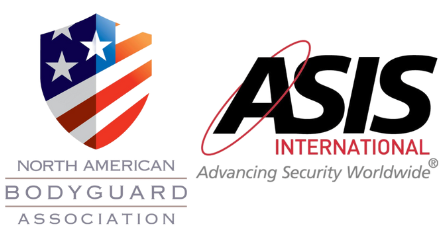Effective team communication is the cornerstone of success in the security industry, where seamless coordination and collaboration are essential for mitigating risks, responding to threats, and ensuring the safety and security of clients and stakeholders. In a dynamic and often unpredictable environment, security teams rely on clear and concise communication to convey information, coordinate activities, and make informed decisions in real-time.
One of the primary functions of team communication in the security industry is information sharing. Security personnel must exchange critical information about potential threats, security protocols, and operational updates to stay informed and prepared for any eventuality. Whether through verbal briefings, written reports, or digital communication channels, timely and accurate information sharing enables security teams to maintain situational awareness and respond effectively to emerging threats or incidents.
Moreover, effective team communication facilitates coordination and synchronization of security operations. By establishing clear lines of communication and defining roles and responsibilities within the team, security personnel can ensure that everyone is on the same page and working towards common objectives. This includes coordinating patrols, monitoring security systems, and implementing response protocols in a cohesive and organized manner.
In addition to operational coordination, team communication plays a crucial role in fostering a culture of collaboration and teamwork within security organizations. By encouraging open dialogue, sharing insights and best practices, and soliciting input from team members, security leaders can harness the collective expertise and experience of their teams to enhance performance and problem-solving capabilities.
Furthermore, effective communication is essential for maintaining morale and motivation among security personnel. By providing regular feedback, recognition for achievements, and opportunities for professional development, security leaders can foster a sense of belonging and engagement within their teams, leading to higher levels of job satisfaction and performance.
In the security industry, where the stakes are high and the margin for error is slim, effective team communication is not just a nicety but a necessity. By prioritizing clear and concise communication, security organizations can enhance their operational effectiveness, mitigate risks, and ensure the safety and security of their clients and stakeholders.
Cornerstone Security recognizes the critical importance of team communication in the security industry. With a focus on fostering a culture of collaboration, transparency, and accountability, Cornerstone Security empowers its teams to communicate effectively, coordinate seamlessly, and deliver exceptional security services. By prioritizing communication as a core value, Cornerstone Security ensures that its teams are equipped to meet the challenges of today’s dynamic security landscape with confidence and professionalism.

